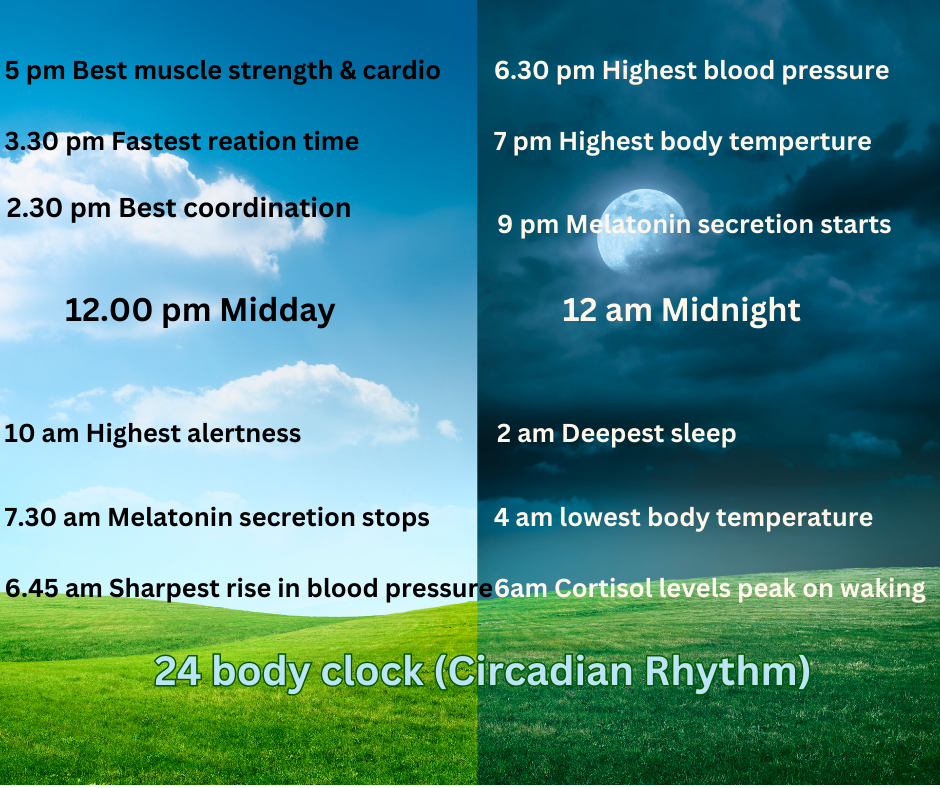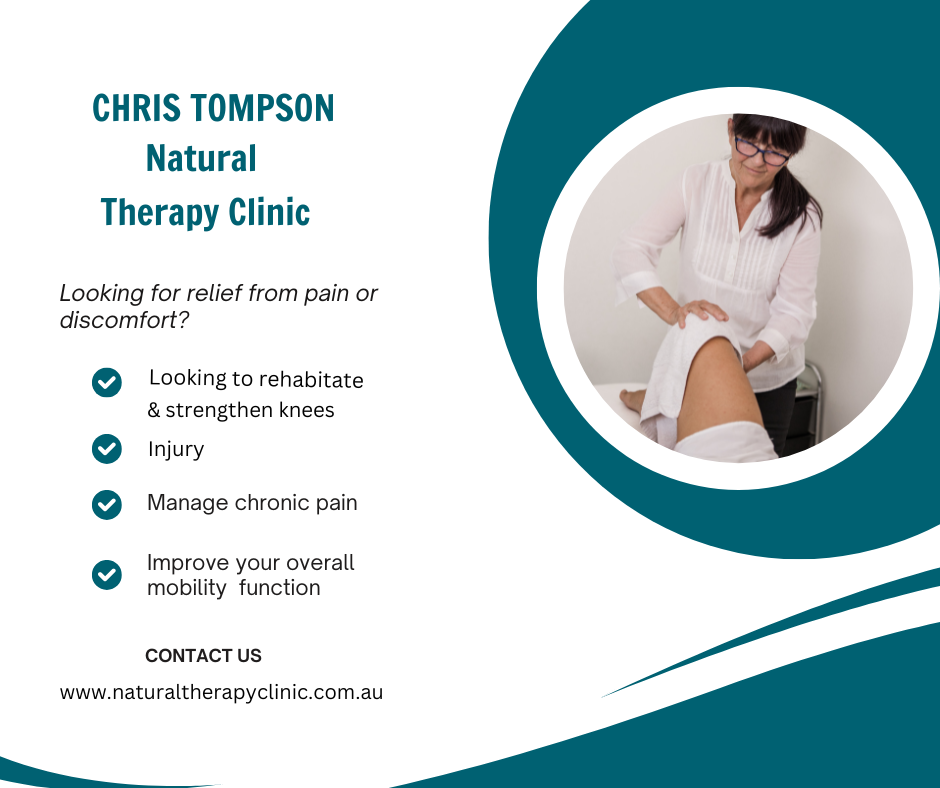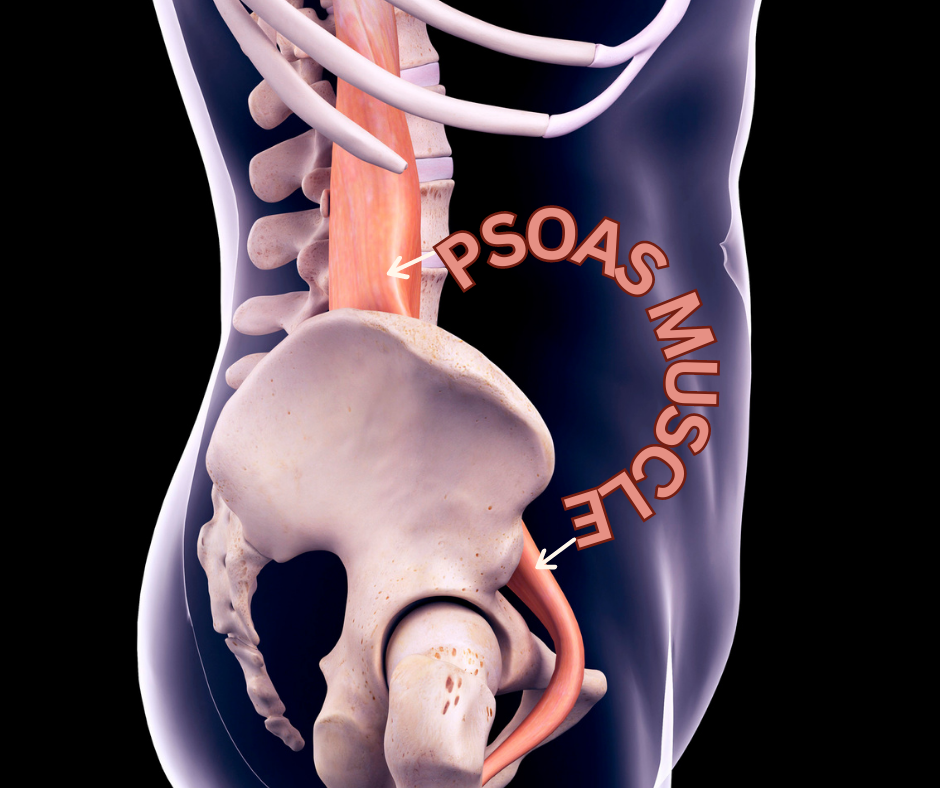I wanted to touch on the importance of the biological clock on our life as more times than not we live our life working against our natural 24-hour body clock. A master clock in the brain coordinates all the biological clocks in a living thing, keeping the clocks in sync. In vertebrate animals, including humans, the master clock is a group of about 20,000 nerve cells (neurons) that form a structure called the suprachiasmatic nucleus, or SCN. The SCN is in a part of the brain called the hypothalamus & receives direct input from the eyes.
What happens when your 24-hour body clock is disrupted:
The 24-hour body clock (circadian rhythm) disorders occur when your sleep-wake cycle is out of sync with your environment. Many factors, both internal & external, can cause you to have problems sleeping & raise your risk for a circadian rhythm disfunction.
- Insomnia – Difficulty falling asleep, staying asleep, or both
- Excessive daytime sleepiness or sleepiness during shift work
- Extreme tiredness and exhaustion
- Lethargy
- Decreased alertness and difficulty concentrating
- Impaired judgment in risky situations, such as while driving & controlling mood and emotions
- Aches and pains, including headaches
- Stomach problems
- Inability to meet social obligations
What are the major categories of sleep disorders?
Circadian rhythm sleep disorders are a group of sleep disorders that all share the common feature of a disruption in the timing of sleep. Circadian in Latin means “around or approximately” (circa) “a day” (diem). Circadian rhythm is the name given to your body’s 24-hour “internal clock.” This internal clock controls your body’s sleep-wake cycle.
The categories of sleep disorders have changed many times over the years. Most recently, the International Classification of Sleep Disorders (ICSD) categorized sleep disorders based on the symptoms, how it affects a person (pathophysiology) and the body system it affects. The brand-new revision to the third edition, ICSD-3R includes the following categories:
- Insomnia: You have difficulty falling and staying asleep.
- Sleep-related breathing disorders: Your breathing changes while you sleep.
- Central disorders of hypersomnolence: You have trouble feeling alert during the day.
- Circadian rhythm sleep-wake disorders: Your internal clock makes it difficult to fall asleep and wake up on time.
- Parasomnias: Physical actions or verbal expressions happen during sleep walking, talking, or eating.
- Sleep-related movement disorders: Physical movements or the urge to move makes it difficult to fall asleep and/or stay asleep.
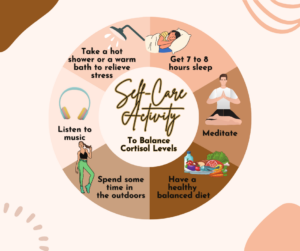
What causes circadian rhythm disorders?
Genetic conditions that affect your brain or hormones can cause circadian rhythm disorders. For example, smith-magnis syndrome is a genetic condition that may affect how much or how often your body makes the hormone melatonin, which helps you sleep. Sleep patterns may be completely reversed, causing daytime sleepiness & wakeful nights.
Did you know that your sleep-wake cycle & your risk for circadian rhythm disorders may be different from someone else’s? This is controlled by your genes in your DNA. Some people naturally wake early, while others naturally stay up late. Some people can more easily adjust their circadian rhythm to match their environment. If you are one of these people, you may be less likely to develop jet lag disorder & shift work disorder. You may develop a Circadian Rhythm disorders if your patterns do not align with your work, school, or social responsibilities. Talk to your doctor about your symptoms.
Effect of cortisol on circadian rhythms:
Cortisol has a particular circadian rhythm that is affected by sleep. Based on normal physiology, lower levels of cortisol are present at the initial part of sleep, whereas there is an increase at the end of the sleep period, which reaches its peak just minutes before the individual wakes.
Did you know that your sleep-wake cycle & your risk for circadian rhythm disorders may be different from someone else’s? This is controlled by your genes in your DNA. Some people can more easily adjust their circadian rhythm to match their environment. If you are one of these people, you may be less likely to develop jet lag disorder and shift work disorder. You may develop circadian rhythm disorders if your patterns do not align with your work, school, or social responsibilities. https://www.nutritionalhealthenterprises.com/the-effects-of-stress-on-the-body/
How does the 24-hour clock work work?
The hypothalamic-pituitary-adrenal (HPA) axis, which is in control of your stress response, also follows a circadian rhythm for its release of cortisol from the adrenal glands.
Cortisol levels typically peak when we awaken (6 to 8 am). Then cortisol levels decrease throughout the day, staying low from around 6 pm until we fall asleep, when cortisol release starts to rise again.
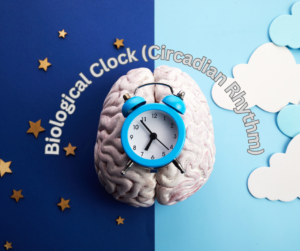
How to reset circadian rhythm – getting back into rhythm:
Once you get started on the road towards recovering your circadian rhythm, there are many lifestyle factors that can be adjusted to achieve maximal results. Getting started by adding some relaxation therapy into your daily life will help set the stage for healthier responses to stressors, whenever they occur.
In fact, if you are under high amounts of stress (and thus consistently have constant spikes in cortisol), it is likely that sleep is quite difficult for you. So, addressing your cortisol circadian rhythm imbalances is one of the best things you can do to improve your sleep, improve your health, and improve your life.
Symptoms of imbalance in cortisol levels:
- Rapid weight gain mainly in the face, chest & abdomen
- Trouble falling asleep and staying asleep
- High blood pressure
- Osteoporosis
- Skin changes (bruises and purple stretch marks)
- Muscle weakness
- Memory problems
- Apathy
- Low libido
- Feeling wired or tired
- Mood swings, which show as anxiety, depression or irritability
- increased thirst and frequency of urination.
Summary:
Circadian rhythms are physical, mental, and behavioural changes that follow a 24-hour cycle. These natural processes respond primarily to light and dark and affect most living things, including animals, plants, and microbes.
for more information on the hormones that play a part in the 24 hour body clock (circadian rhythm) & how to reset it go t0 https://www.nutritionalhealthenterprises.com/circadian-rhythm-is-a-24-hour-cycle/

